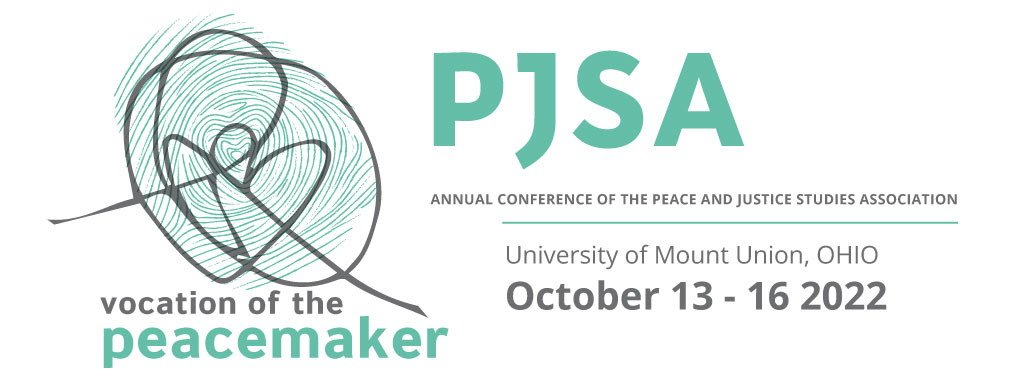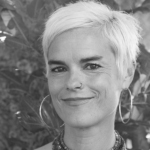2022 Best Graduate Thesis of the Year Award Winner: Rebekah Hanson
Iowa State University, Food Science and Human Nutrition
Food as grounds for peacebuilding: Conceptualizing a food peace framework for the field of nutrition and dietetics
The prevalence of food insecurity with the COVID-19 pandemic has highlighted disparities and fragilities within the United States and global food systems. The U.S., though not wrought with violent outbreaks of conflict, has faced political tensions and social grievances that limit food security and peace within the food system. The relationship between food and peace is largely defined as the lack of violent conflict in association with food security. The food peacebuilding approach represents a paradigm shift that integrates food and peace to foster right and just relationships with self, others, and the Earth for sustainable, resilient, and equitable food systems. This grounded theory, qualitative study conducted as virtual, pre-interview surveys and semi-structured individual interviews, elicited the perceptions and understandings from a purposive sample of registered dietitians working within the U.S. food system. It also sought to build and validate a food peace framework to evaluate the role of food in the context of peace.
Participants included registered dietitians working within the food system from twelve states and one district of the United States (Arizona, Iowa, Kansas, Maryland, Minnesota, Montana, Nebraska, New York, North Carolina, Virginia, Washington, and Washington D.C.). Participants (n=22) completed an online pre-survey managed through Qualtrics™, then participated in a semi-structured interview via Cisco Webex. Grounded theory iterative coding was performed in three phases for theoretical integration and analysis: initial coding, focused coding, and theoretical coding. Thematic coding analysis with NVivo (ver12.0) was used to organize and interpret data. Findings revealed important patterns pertaining to perceptions of peace, food and peacebuilding, and implications of a food peacebuilding framework.
Perceptions of peace identified registered dietitians’ overall perceptions of peace and specific recognition of peace within the context of the U.S. food system. Five primary categories x of perceptions of peace emerged including (1) access to resources; (2) characteristics of peace; (3) conflict and control; (4) levels of peace; (5) values of peace. Four primary categories recognizing peace in the context of the U.S. food system emerged including (1) barriers to peace; (2) conflict in the U.S. food system; (3) values in systems; (4) new understandings of peacebuilding in the U.S. food system. Food and peacebuilding identified registered dietitians’ views on specific words that characterized peacebuilding in the context of food and specific examples of peacebuilding in the U.S. food system. Food peacebuilding characteristics were represented as word frequencies largely represented as relationships, access, and respect. Two categories of peacebuilding pathways emerged including (1) applications; (2) groups. Implications of a food peacebuilding framework identified registered dietitians’ responses on the use of a food peacebuilding framework in practice. Four categories of implications of a food peacebuilding framework emerged including: (1) education and research communities; (2) health and nutrition approaches; (3) local organizations and programming; (4) policy.
These results can inform the field of nutrition and dietetics on the current perceptions of peace and understandings of food and peacebuilding of registered dietitians, along with the implications of a food peacebuilding framework. The new understandings from registered dietitian nutritionists around food peace incentivize a call for greater awareness, education, and research on peacebuilding for the field of nutrition and dietetics. These results necessitate a paradigm shift that integrates food and peace as it pertains to nutrition, health, and the broader U.S. food system in conjunction with food justice and food sovereignty movements. In addition, results can be utilized to further conceptualize a food peacebuilding framework and apply concrete food peacebuilding pathways for change.
Click here to read the thesis!







